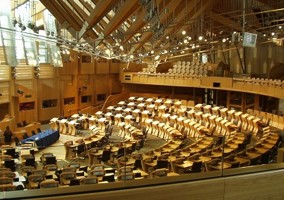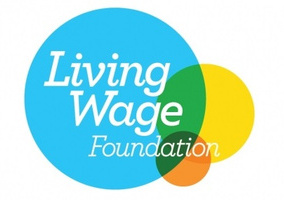Increases to national minimum wage rates next month are set to cost charities and voluntary organisations nearly £200m over six years, the government has forecast.
From 1 April, the national living wage (for people aged 21 and over) is set to rise from £10.42 to £11.44 per hour, while younger workers will receive larger increases.
In a House of Lords debate last week, peers discussed the impact of the impending increases on charities that might then struggle to pay salaries.
Impact assessment
Department of Culture, Media and Sport (DCMS) minister Lord Parkinson quoted a recent impact assessment for the increases, which estimates that the cost to charities and voluntary organisations will be around £200m over the next six years.
Labour peer Lord Faulkner asked the government what steps it was taking to support charities that might struggle to pay salaries following the planned increase, particularly those supporting adults with learning disabilities.
Lord Parkinson said the government has set aside “an additional £8.6bn in this financial year and next to support local authorities on adult social care and discharge”.
He also quoted the £100m package of government support announced in last year’s spring budget comprising the Cost of Living Fund and VCSE Energy Efficiency Scheme.
Shortfall predicted
Lord Faulkner said that there is likely to be a shortfall between the minimum wage increases and local authority funding to charities.
He said learning disability support charity the Myriad Centre, of which he is a patron, would be affected.
“If the minimum wage is increased by 9.8% and the contribution from Worcestershire is going to rise by only around 6%, there is going to be a shortfall that will widen year on year,” he said.
He added that he had received similar correspondence from Mencap.
Conservative peer Lord Young said: “Many early years providers are charities and voluntary organisations, including preschools and nurseries. Three-quarters of their costs are salaries, and many of their employees are on the national minimum wage.
“Since 2017 the national minimum wage has gone up by more than 50% but the funding rate from local authorities has gone up by 21%, undermining the viability of those organisations at the very time when entitlement to free childcare is going up.”
In response, Lord Parkinson said: “As I have pointed to, DCMS provides substantial support for charities and all the wonderful work they do in so many ways across our country, including through our energy-efficiency scheme of more than £25m to help them with the rising costs there.”
Related articles












